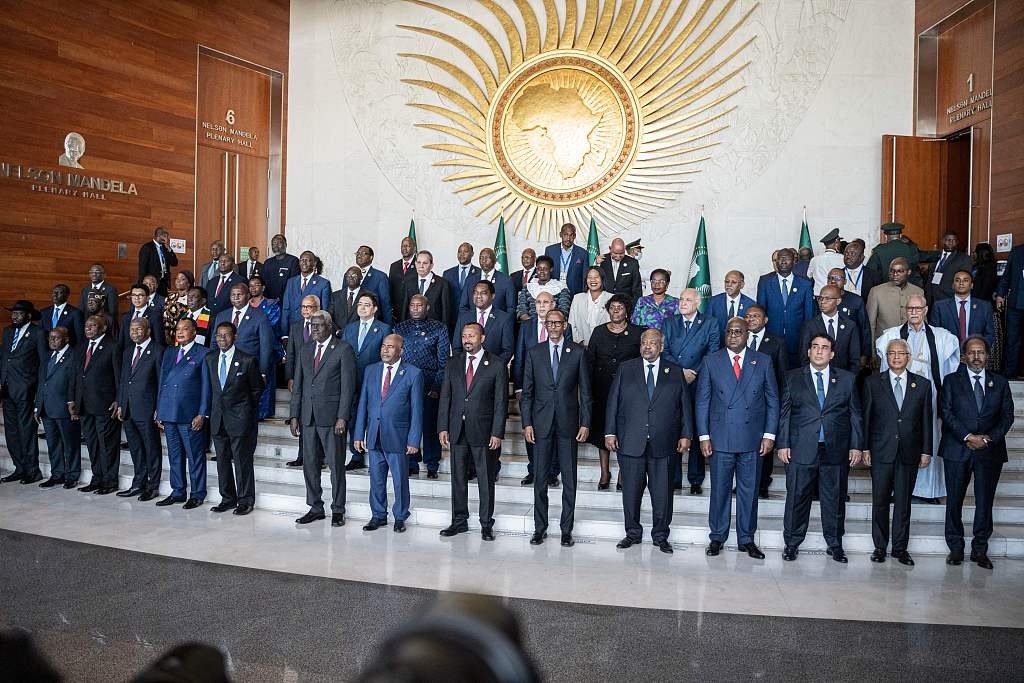The electoral process began with a call for candidates to submit their qualifications and detailed visions for advancing the AU’s transformation agenda and addressing the continent’s pressing challenges.
Navigating the Complex Electoral Process
The AU’s electoral system operates on a principle of inter-regional rotation, designed to ensure balanced representation. According to the rules:
- The Eastern region will nominate both male and female candidates for the presidency.
- The Northern region will nominate male and female candidates for the vice-presidency.
- The Central, Southern, and Western regions will nominate at least two candidates (one man and one woman) for the six commissioner positions.
Each region independently determines its nomination procedures.
The president and vice-president are elected by the Assembly of Heads of State and Government, while the commissioners are elected by the Executive Council of Ministers and then appointed by the Assembly.
Gender parity is a significant focus of the elections, with successful candidates serving four-year terms, renewable once.
Key Contenders for Leadership Roles
The race for AU Commission President sees several prominent figures vying for the top spot. Among the frontrunners are:
- Mahamoud Ali Youssouf, Djibouti’s Minister of Foreign Affairs and International Cooperation, who is seen as a strong contender.
- Raila Amolo Odinga, the former Prime Minister of Kenya, a seasoned politician with extensive influence.
- Anil Gayan, former Foreign Minister of Mauritius, who, despite being a less recognized figure on the international stage, is a key candidate.
- Richard Randriamandrato, former Foreign Minister of Madagascar, who was dismissed from his role after voting for a UN resolution condemning Russia’s annexations in Ukraine, a move that marked a departure from Madagascar’s previous non-aligned stance.
For the strategic vice-presidency, four women are in contention, with leading candidates including:
- Latifa Akherbach, Morocco’s President of the High Authority of Audiovisual Communication, who brings a strong background in media and diplomacy.
- Selma Malika Haddadi, Algeria’s Ambassador to Ethiopia and Permanent Representative to the AU, who is considered a formidable challenger.
The race for the vice-presidency is expected to attract significant attention, not only for its strategic importance but also due to the underlying tensions between Algeria and Morocco, particularly related to the Western Sahara issue.
Debates and Vision Presentations Ahead of Elections
Candidates for the presidency will participate in MJADALAAFRIKA, a televised debate broadcast live across Africa, allowing them to present their vision for implementing the AU’s Agenda 2063, a strategic framework aimed at transforming the continent.
The AU’s electoral process emphasizes equitable regional representation and gender balance, with a focus on electing leaders who can drive responsible governance and development across Africa.
As the February 2025 summit approaches, the competition among the candidates and the geopolitical dynamics at play will be closely watched across the continent.




